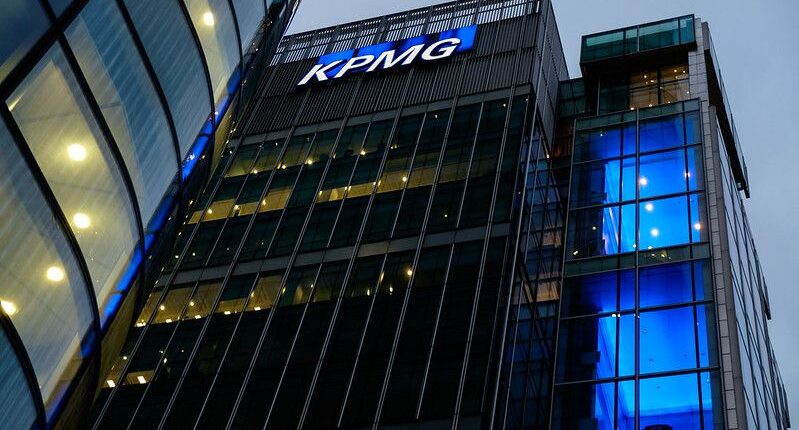KPMG recently announced that it had launched a blockchain-based solution for food traceability in China, Australia, and Japan. The solution, which is called KPMG Origins, will utilize the blockchain, the Internet of Things, data, and analytical tools to improve the traceability of various agricultural products.
The Aim of This Project
This platform has the goal of informing various stakeholders in the food supply chain about the origin of food products, including the final consumer. There is already an active pilot project in the three nations. While KPMG claims their solution can be used to improve traceability in various industries, the first use case will be the food sector.
Some of the companies that have signed on to the trial run are SunRice, an Australian food exporter, CANEGROWERS, the association of sugarcane growers in Australia, and Mitchell Wines, a famous vineyard in Australia.
According to an official from KPMG, the complexity of supply chains creates numerous risks, challenges, as well as concerns about safety. With KPMG Origins, the company is hoping to be able to resolve some of the issues that plague supply chains. This will be achieved by offering third-party certification of processes and data in the supply chain.
CANEGROWERS, the association of sugarcane farmers in Australia, intends to use this project to verify the authenticity of sugarcane produced in Queensland, which is claimed to have been grown sustainably. According to an official from the association, there has been growing demand by consumers to demonstrate that their sugarcane products are grown sustainably. However, he noted that such sugarcane growers were not recognized or awarded for their effort. They hope that by making the process of determining sustainability easy and verifiable, they will increase revenues for the growers; this is because consumers are willing to pay a premium for such products.
KPMG and the Blockchain
KPMG is one of the top four accounting firms in the world. It already has various blockchain projects running. For instance, it has been working with the Blockchain in Transport Alliance to create blockchain standards for the transport sector. In 2018, it collaborated with Singapore Airlines to create a digital currency wallet for the airline’s loyalty reward program.
KPMG Origins is the firm’s first blockchain-based service. In the past, it has only worked in an advisory role for firms working on blockchain solutions. The food traceability sector is an area that has received a lot of attention in the recent past. Various governments, as well as private entities, have been working on solutions that involve the blockchain to improve the traceability of food products.
For instance, the government of Thailand recently revealed that it plans to use the blockchain to improve the traceability of rice exported from the nation. The government believes that this will help to improve trust in the nation’s rice exports as well as eliminate incidents of fraud.
Summary
Use cases for blockchain technology outside of cryptocurrencies and finance is encouraging. The technology has proven itself in helping to improve efficiency while cutting down operational costs for various sectors. Supply Chain is just one of the many industries dedicating time and resources to Blockchain. As new companies start to incorporate this technology into protocol, many think companies from all sectors will eventually jump ship to create transparency across their organization.
Image Source: Flickr
Notice: Information contained herein is not and should not be construed as an offer, solicitation, or recommendation to buy or sell securities. The information has been obtained from sources we believe to be reliable; however no guarantee is made or implied with respect to its accuracy, timeliness, or completeness. Authors may own the crypto currency they discuss. The information and content are subject to change without notice. Visionary Financial and its affiliates do not provide investment, tax, legal or accounting advice. This material has been prepared for informational purposes only and is the opinion of the author, and is not intended to provide, and should not be relied on for, investment, tax, legal, accounting advice. You should consult your own investment, tax, legal and accounting advisors before engaging in any transaction. All content published by Visionary Financial is not an endorsement whatsoever. Visionary Financial was not compensated to submit this article Please also visit our Privacy policy; disclaimer; and terms and conditions page for further information.

